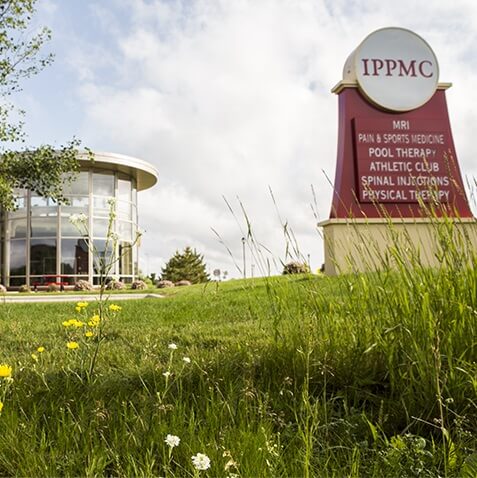Are there different treatments for the elderly and children?
Treatment Plans for the Elderly
The elderly are more likely to experience pain than the general population and are often undertreated for pain due to myths about their pain sensitivity, pain tolerance, and ability to benefit from opioid drugs.
If you are an older person experiencing pain, you should take the following factors into account:
- You may experience more than one source of pain;
- You may have several medical problems and be taking a number of medications at once, and this may increase the risk of analgesic drugs;
- You run a higher-than-average risk of side effects from all drugs, including analgesics like nonsteroidal anti-inflammatory drugs. It is important to report the over-the-counter pain medications you take to your health care team;
- Having chronic medical problems and an increased risk of effects does not mean than your pain cannot, or should not, be aggressively treated. You may be a candidate for any of the many pain-relieving therapies that exist.
Treatment Plans for Children
Pain management for children should:
- Be tailored to the child's level of development, including his/her verbal skills, ability to separate from parents, and understanding of medical procedures;
- Take advantage of the child's personality and draw on his/her emotional and physical resources wherever possible;
- Respond to issues the child's pain is causing in the family.


